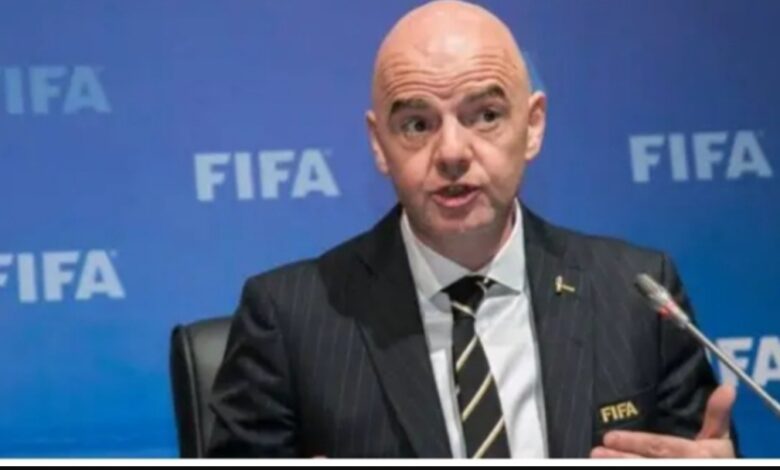
This imagined scenario presents a heightened and provocative interpretation of events surrounding El Clásico—Spain’s most iconic football rivalry. While it’s an engaging take, it’s important to clarify that, in reality, FIFA does not have the authority to directly select or remove referees for domestic league matches, such as those played in La Liga, including the high-profile El Clásico fixtures. The responsibility for appointing match officials in Spain rests with the Royal Spanish Football Federation (RFEF), in collaboration with La Liga’s own refereeing committee, which oversees the selection and management of referees for league games.
That said, the story you’re crafting cleverly captures the kind of real-world drama that frequently surrounds major matches like El Clásico. These encounters are often steeped in controversy, especially regarding decisions made by match officials. The use of VAR (Video Assistant Referee), accusations of favoritism or inconsistency, and emotionally charged statements issued by clubs after the final whistle all contribute to the ongoing debate about the fairness and integrity of officiating—particularly when match outcomes have a direct impact on title races, team morale, or public perception.
If you are developing this narrative as part of a creative writing piece, journalistic article, or analytical commentary, it has strong potential to captivate readers. Tapping into the passion of fans and the larger conversation about transparency in officiating can generate meaningful engagement and reflection on how football is governed and perceived at the highest levels.




